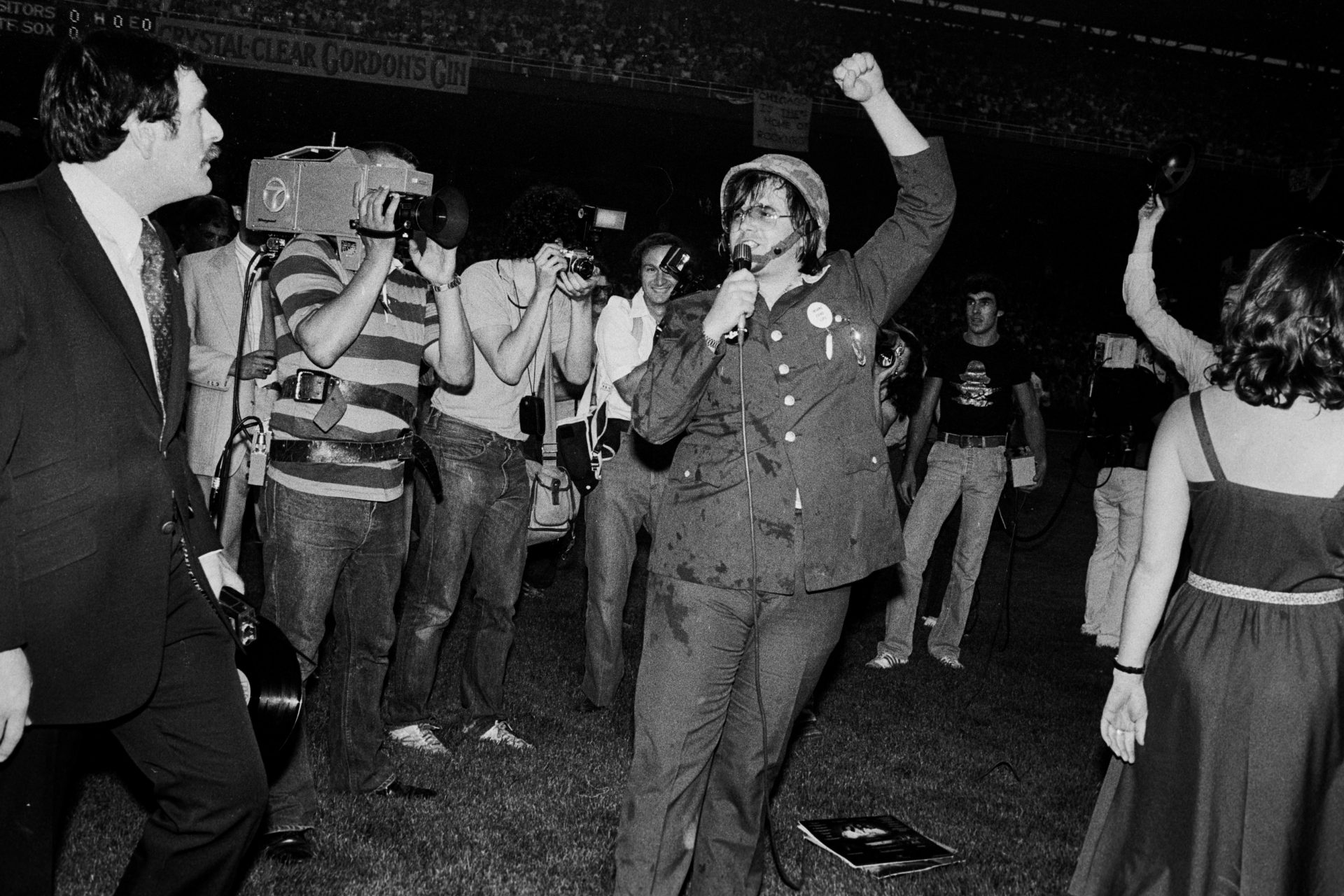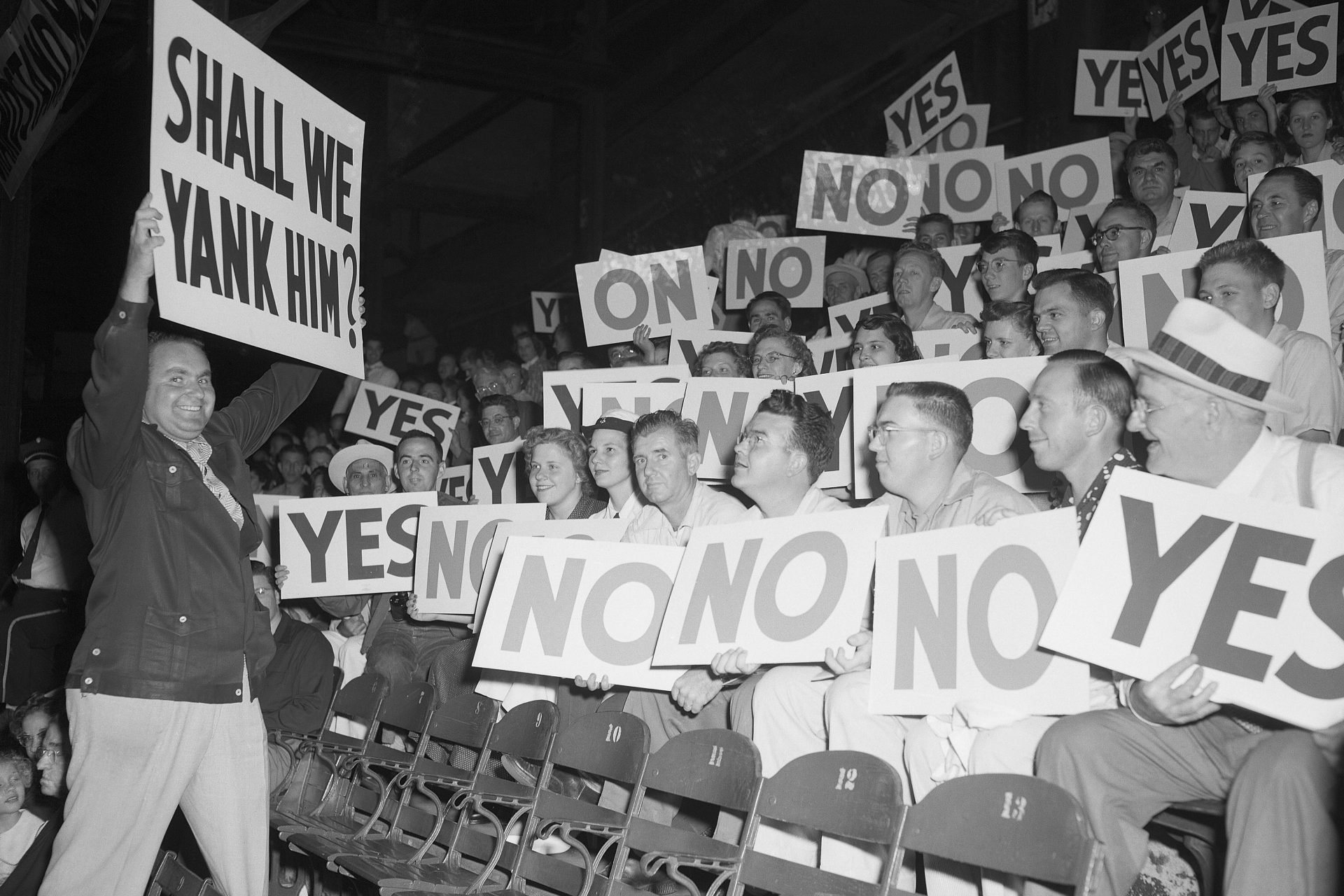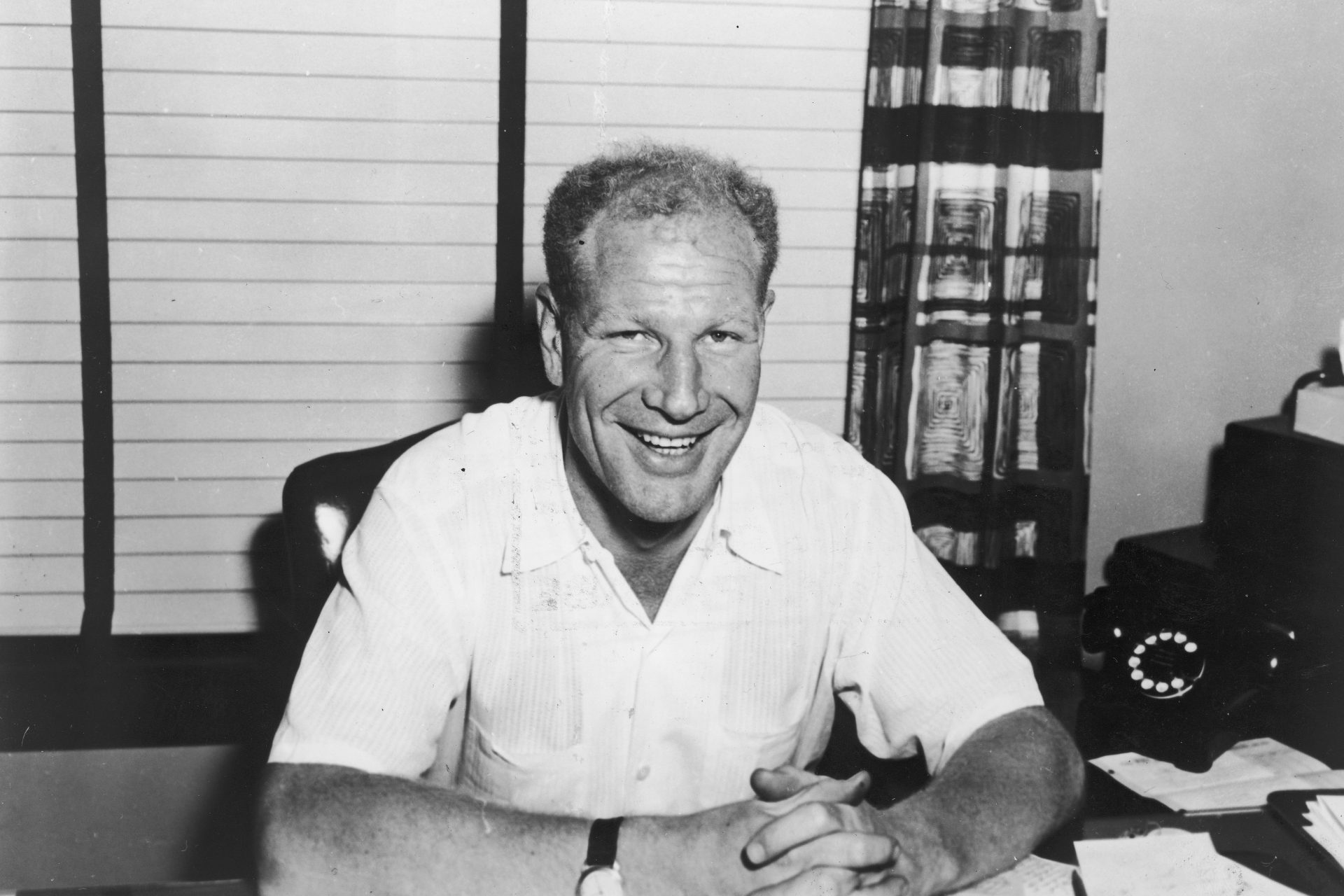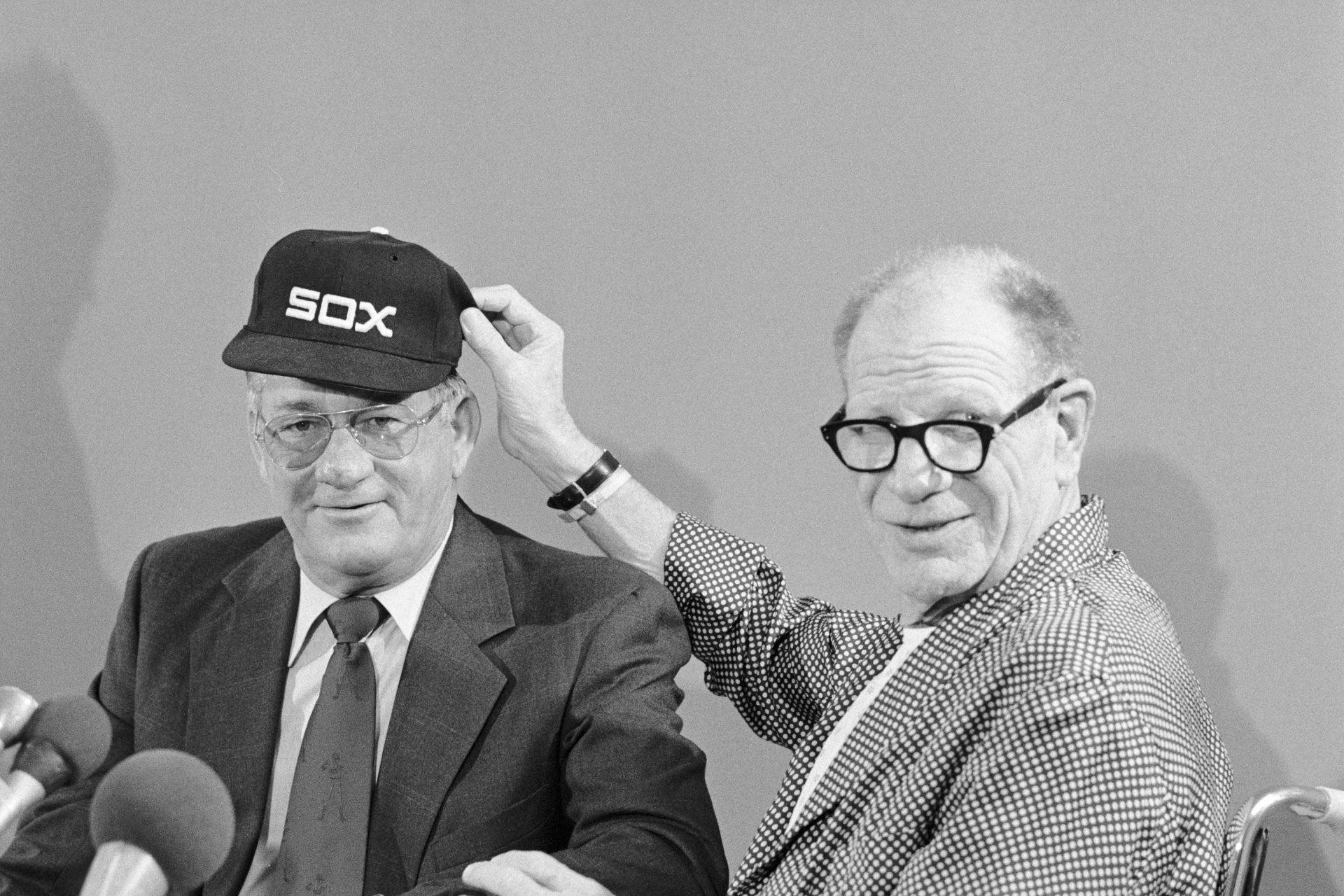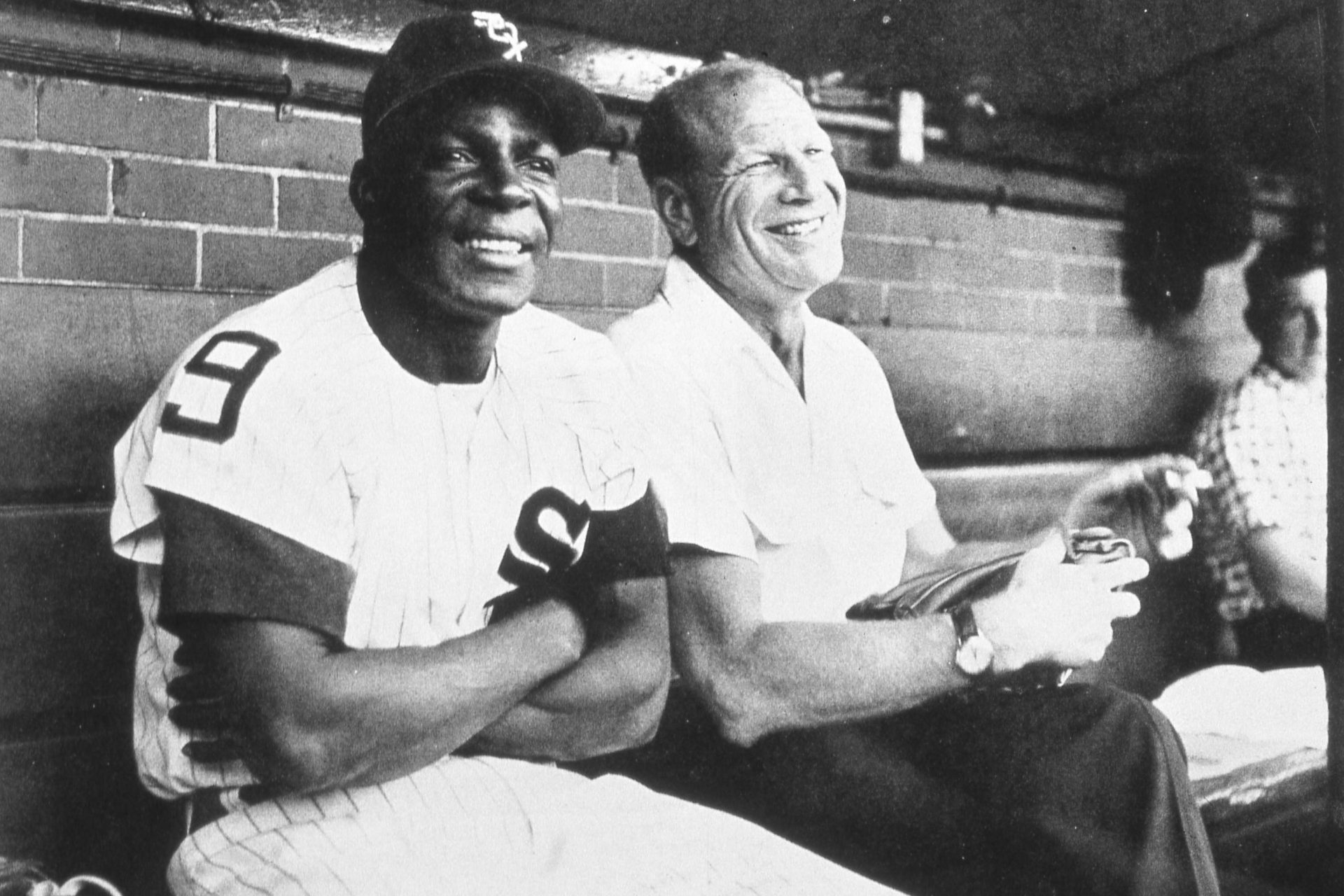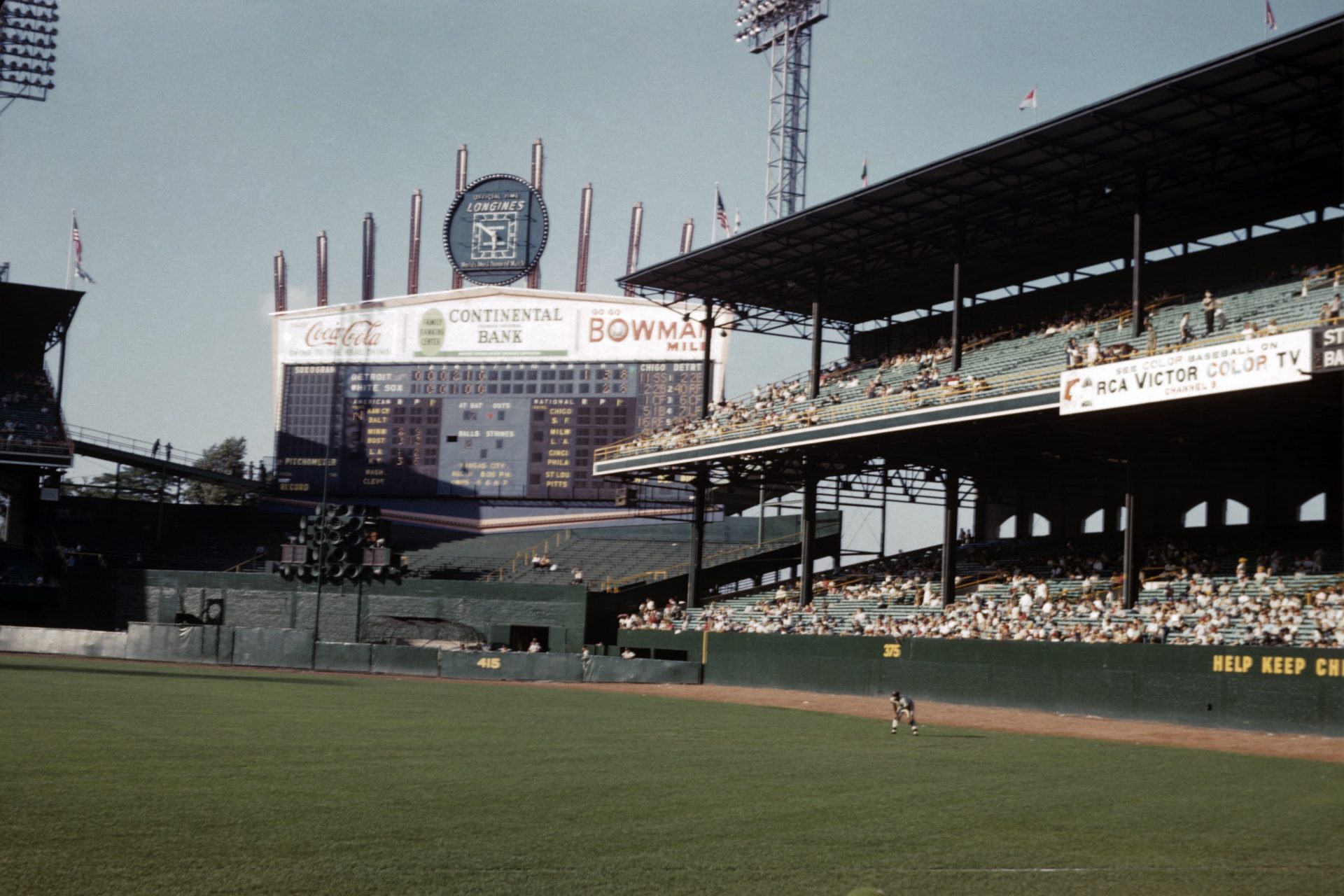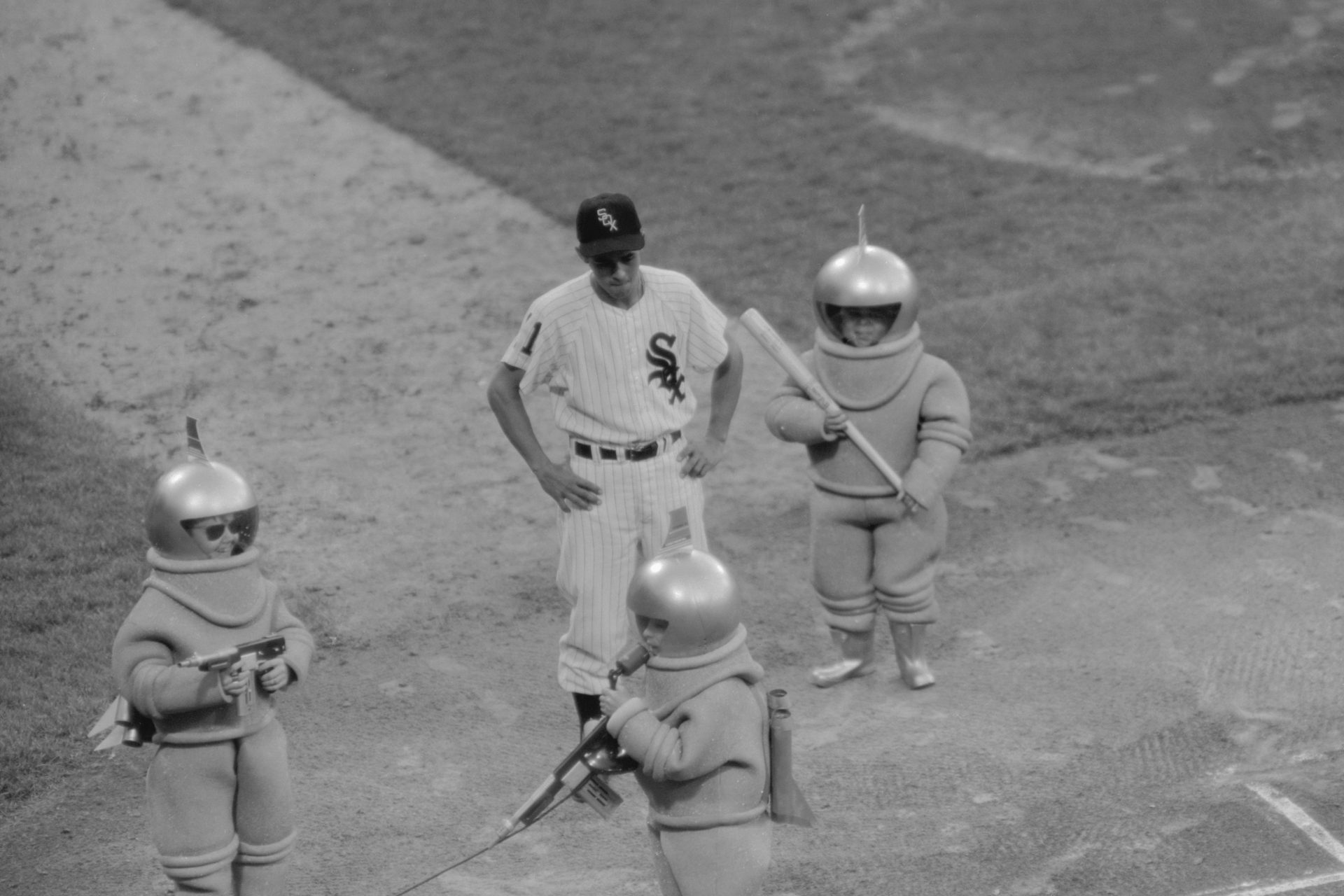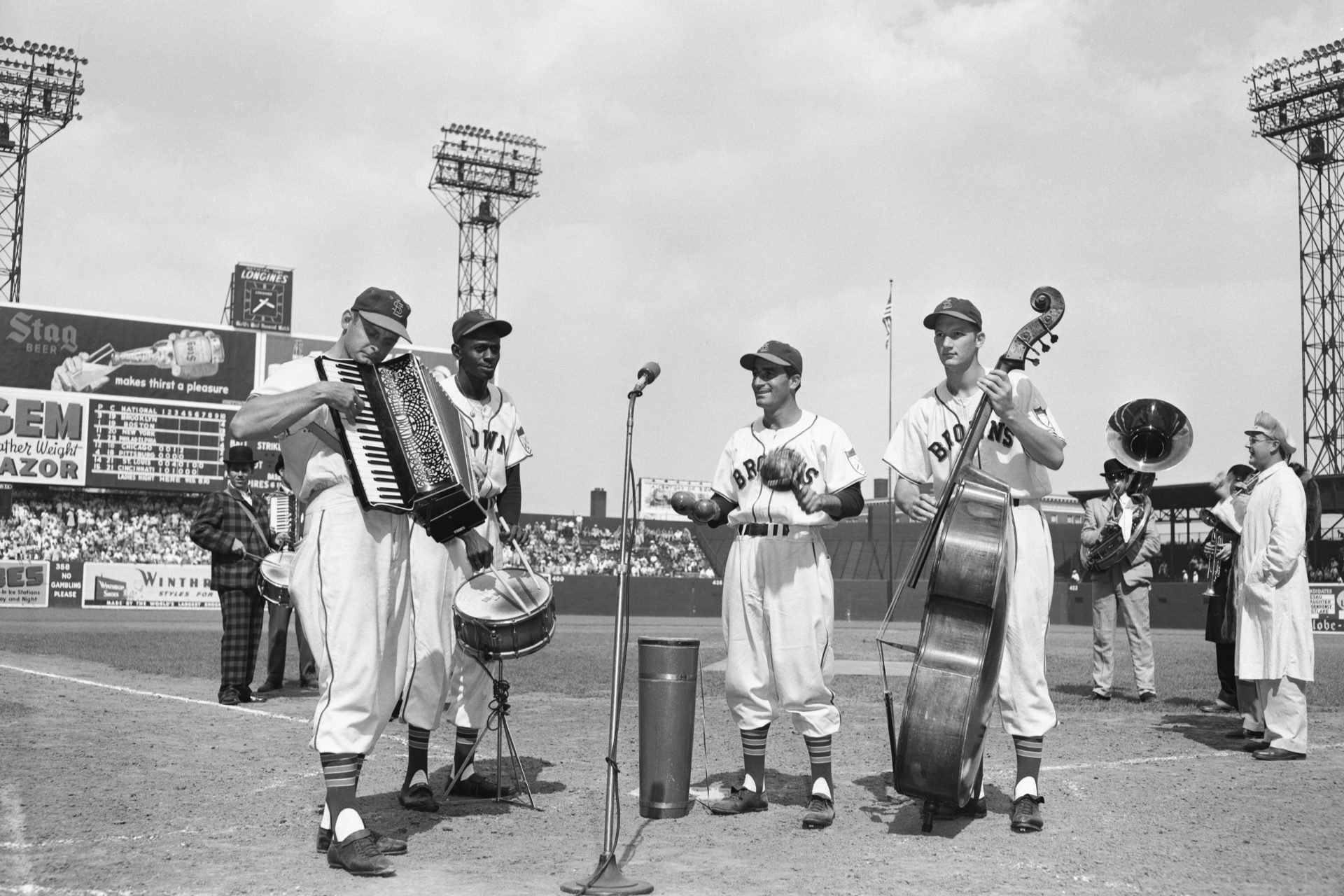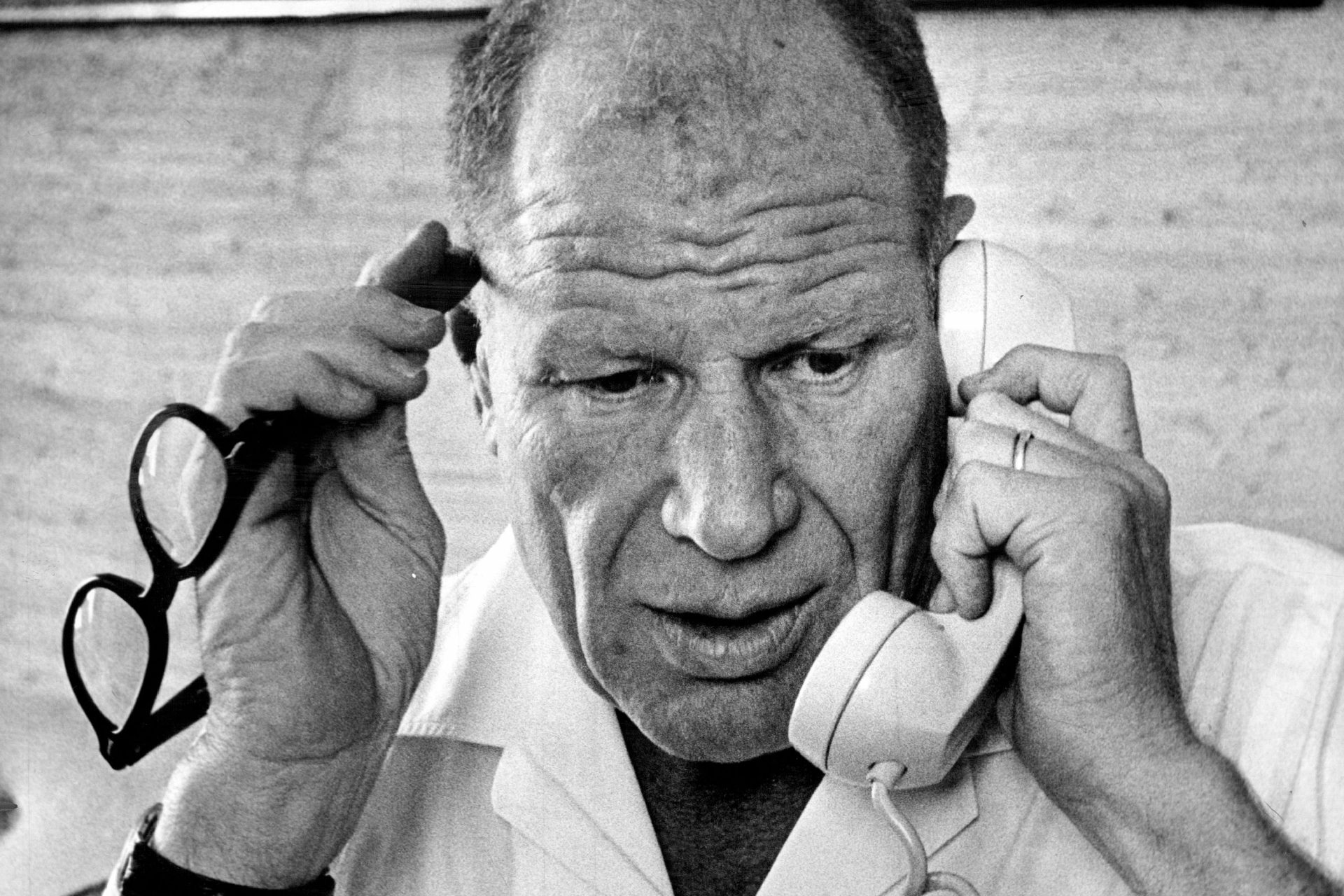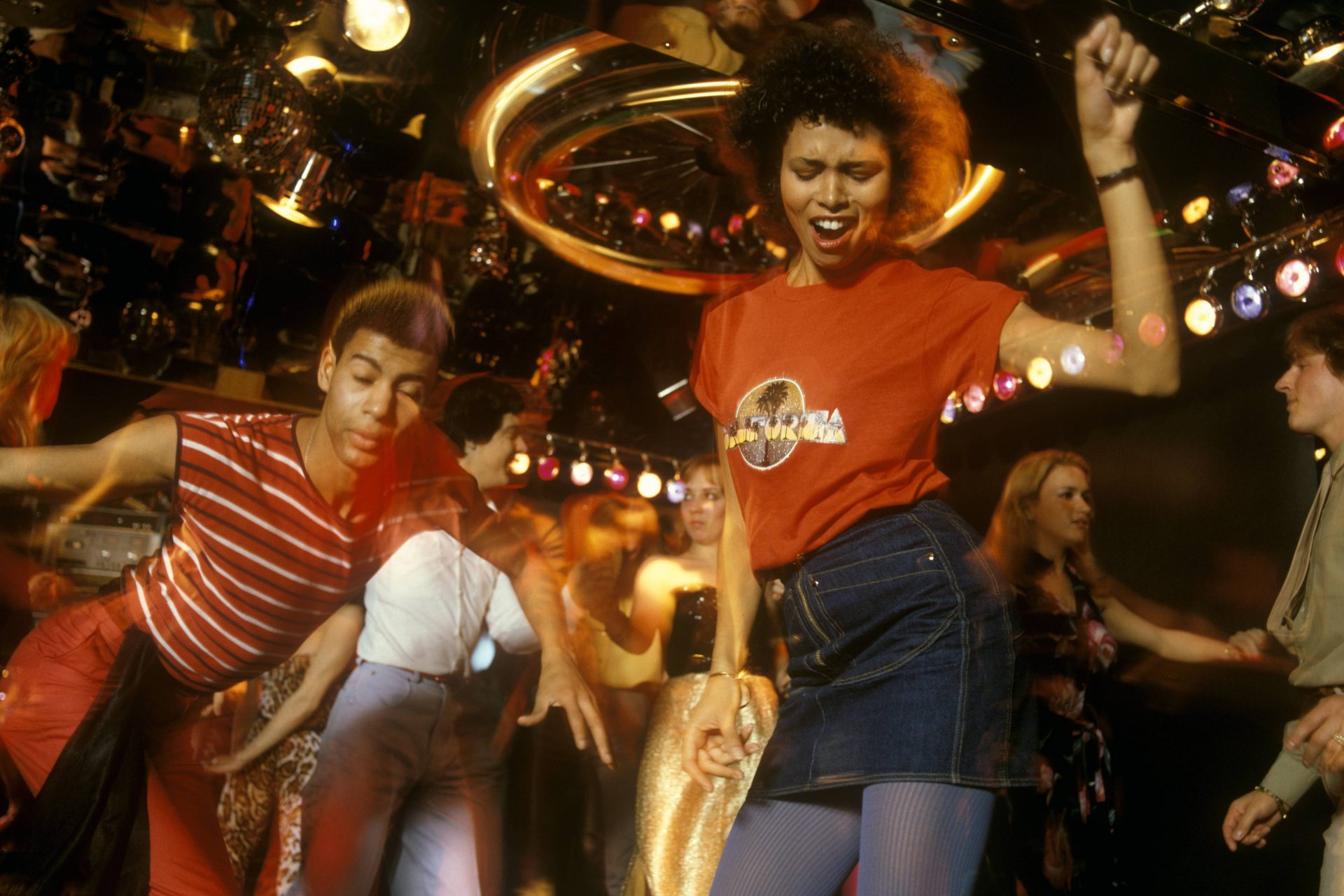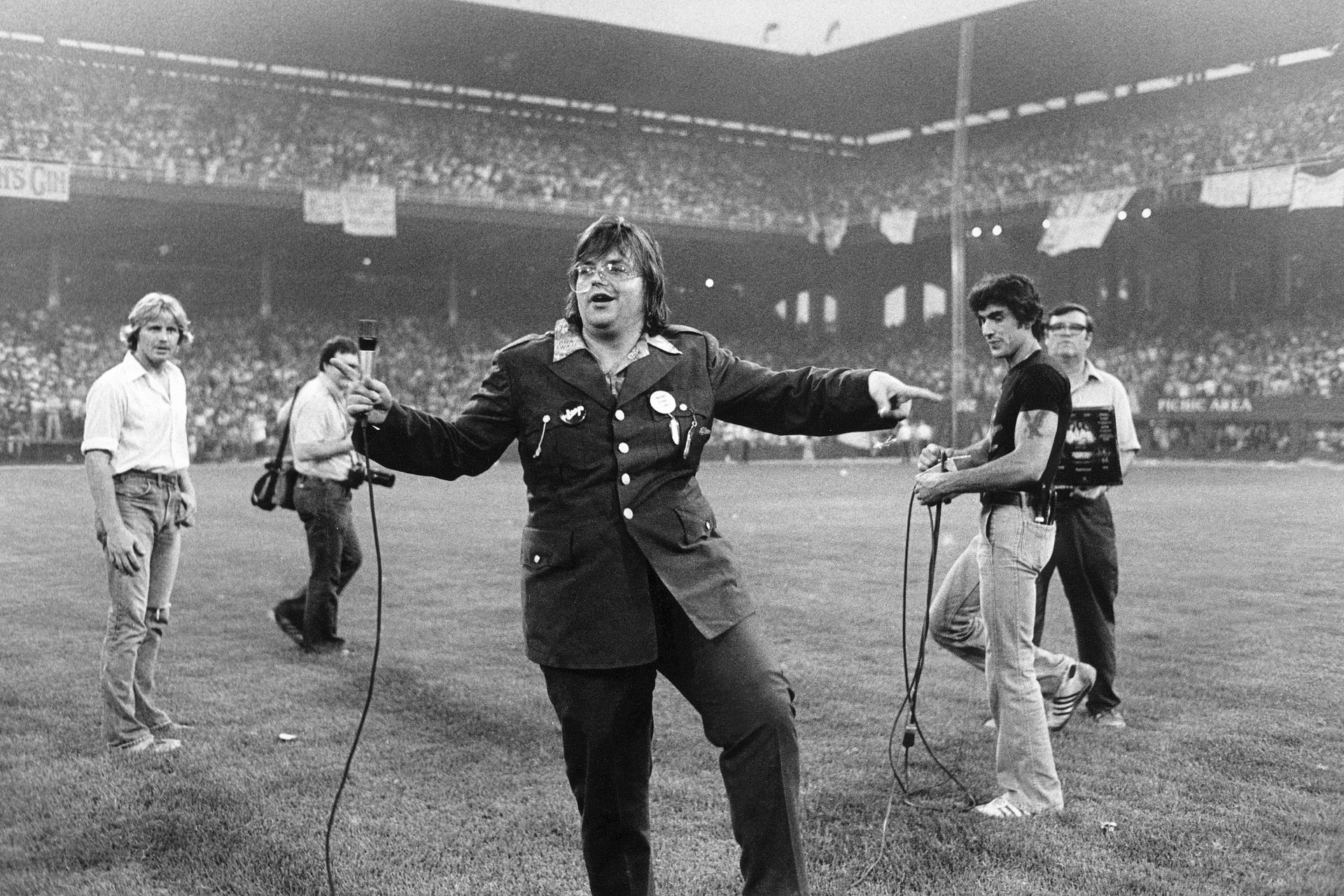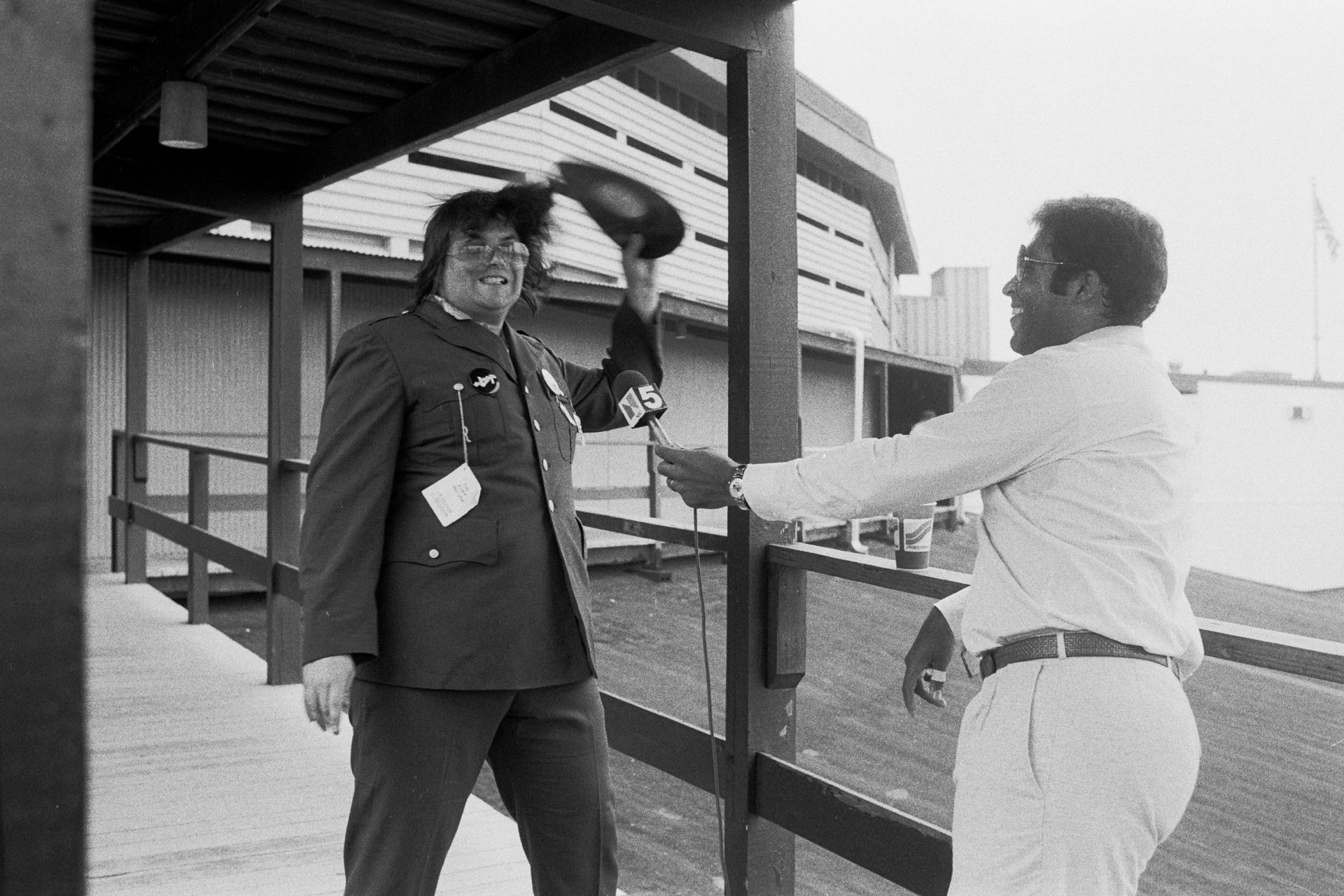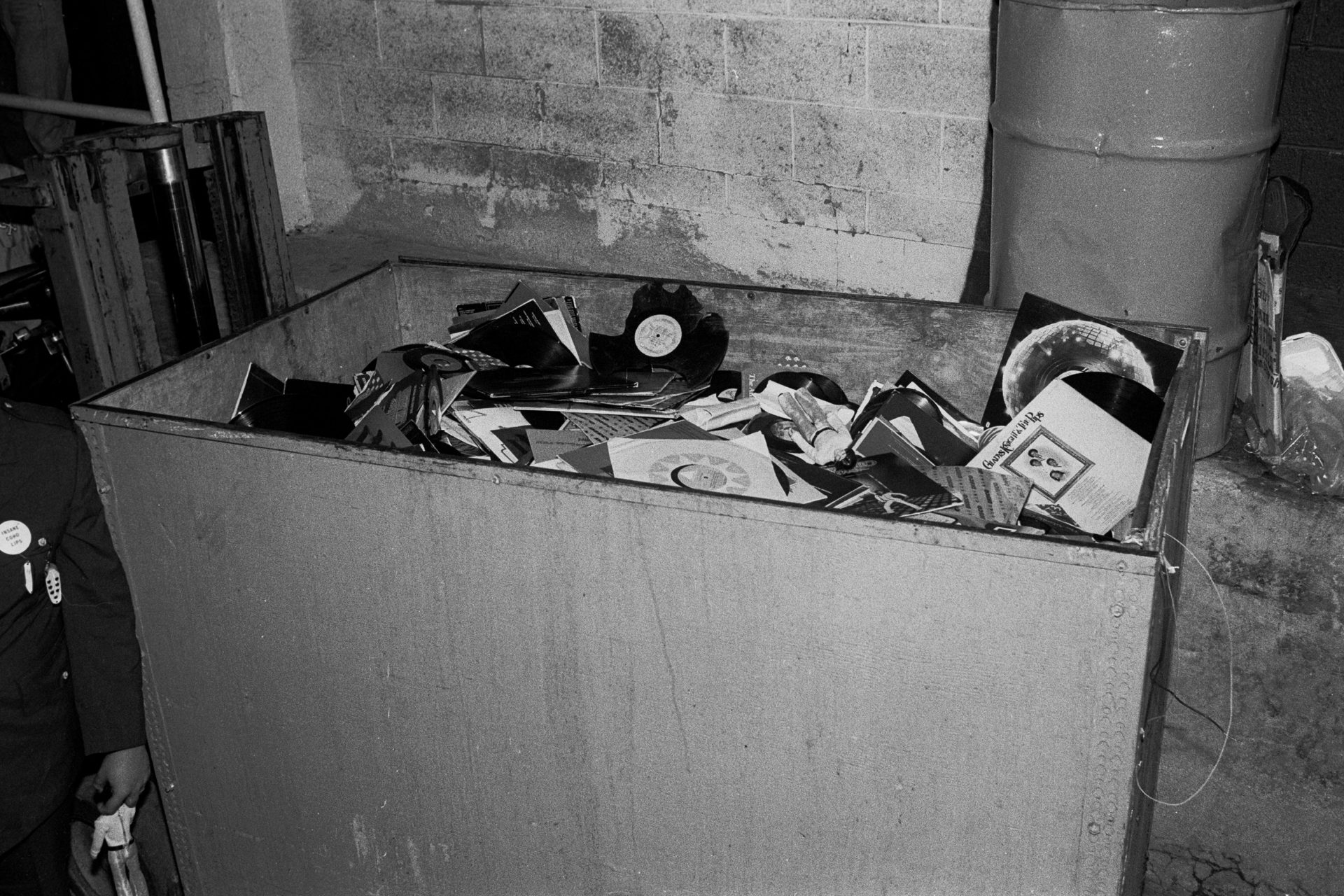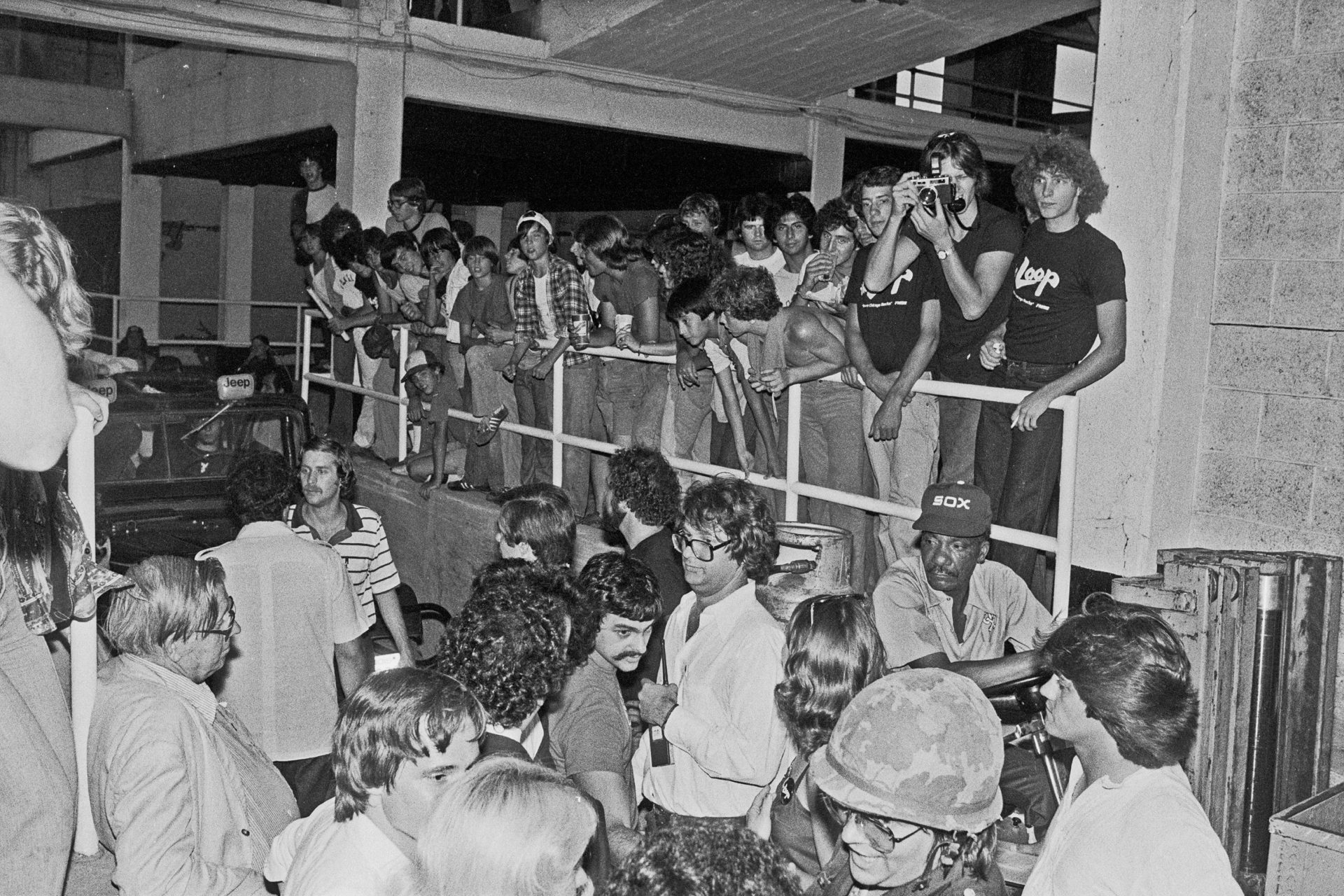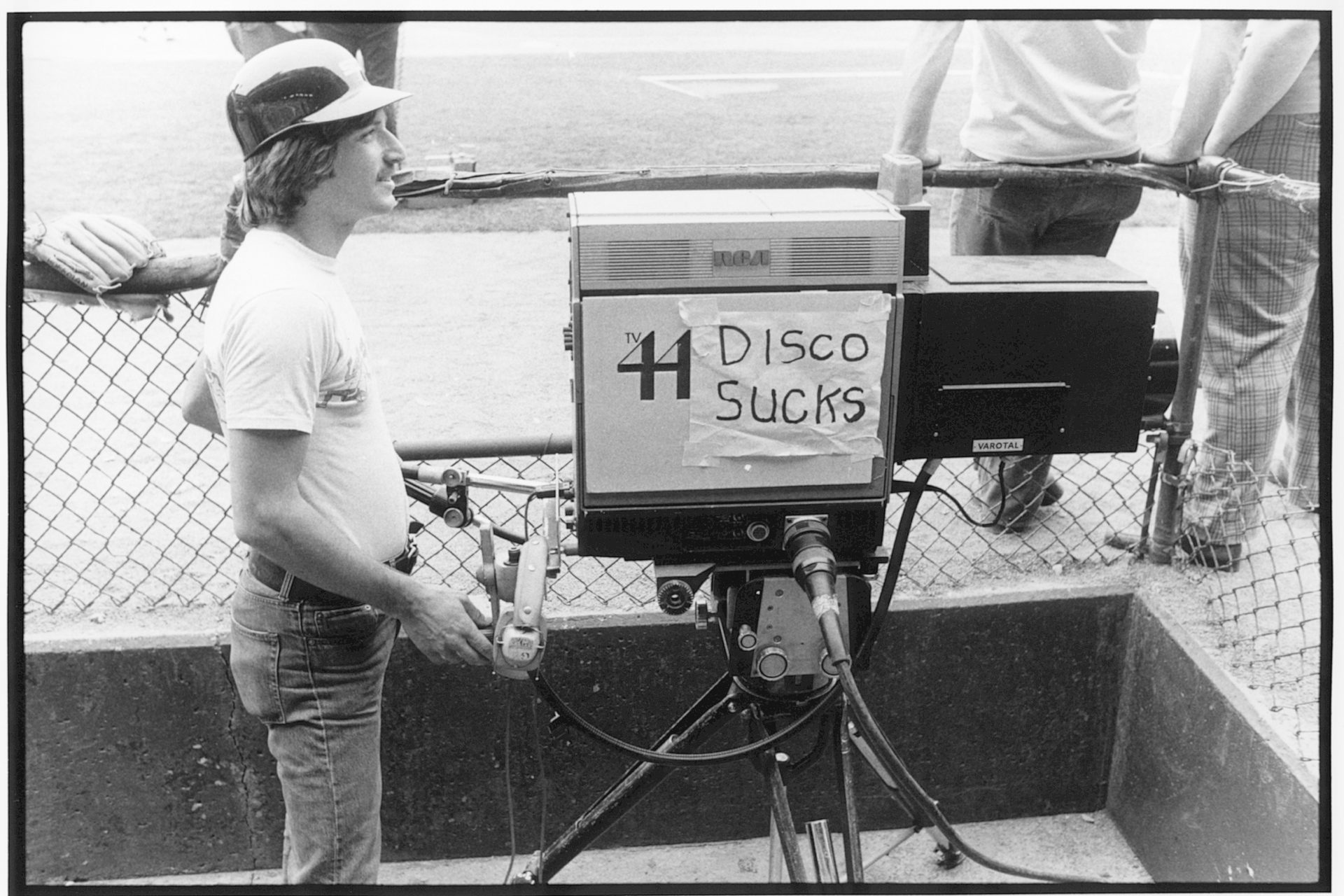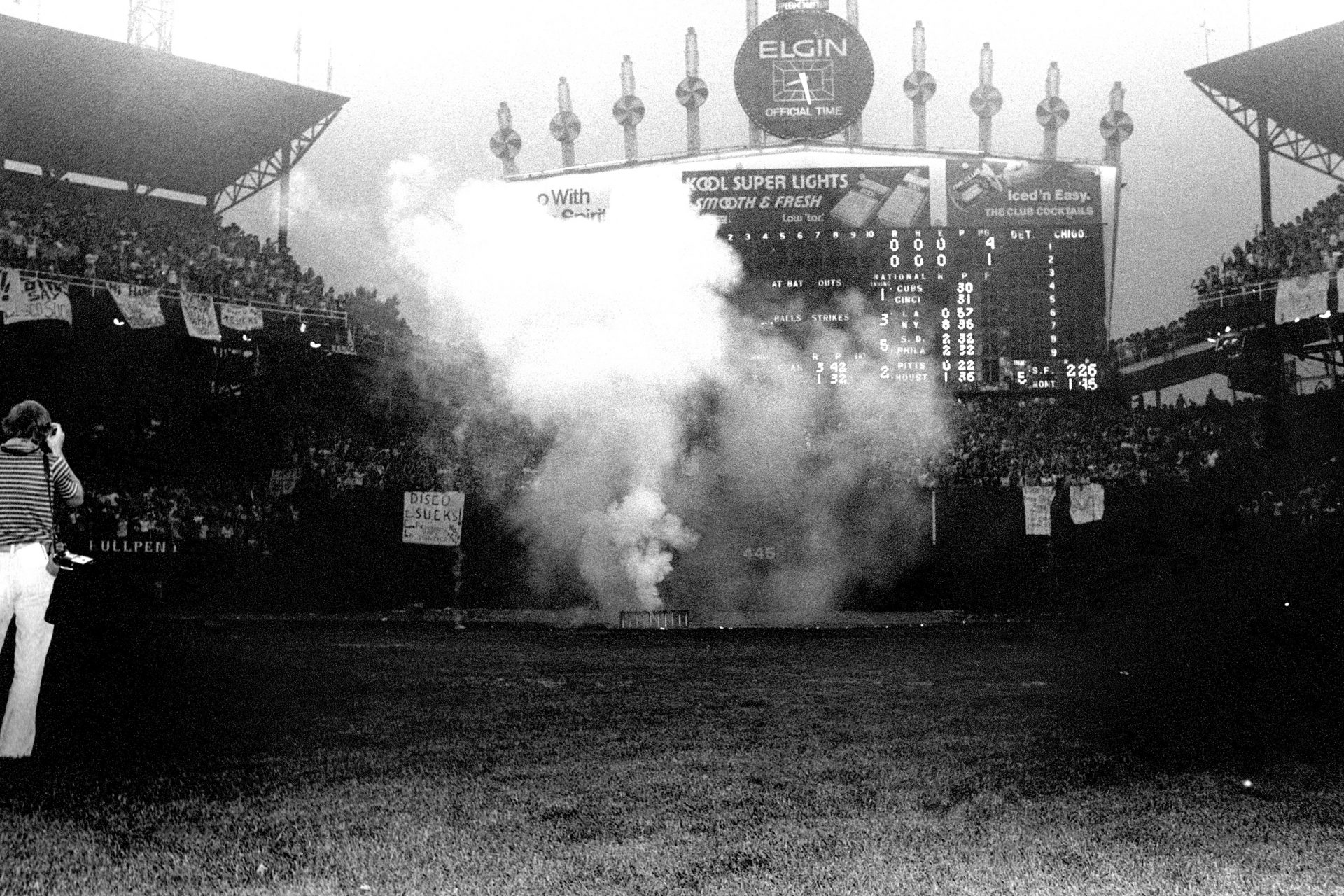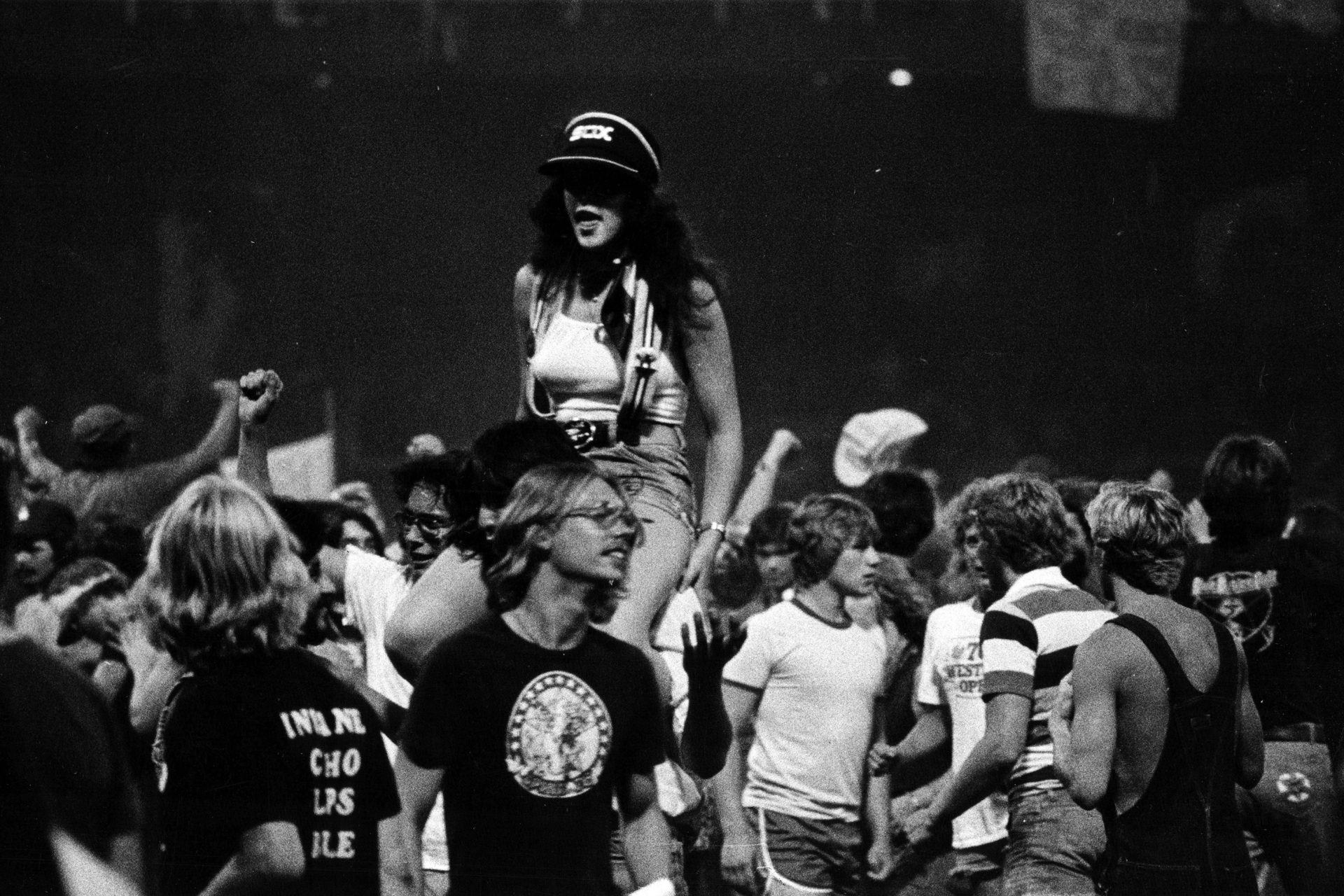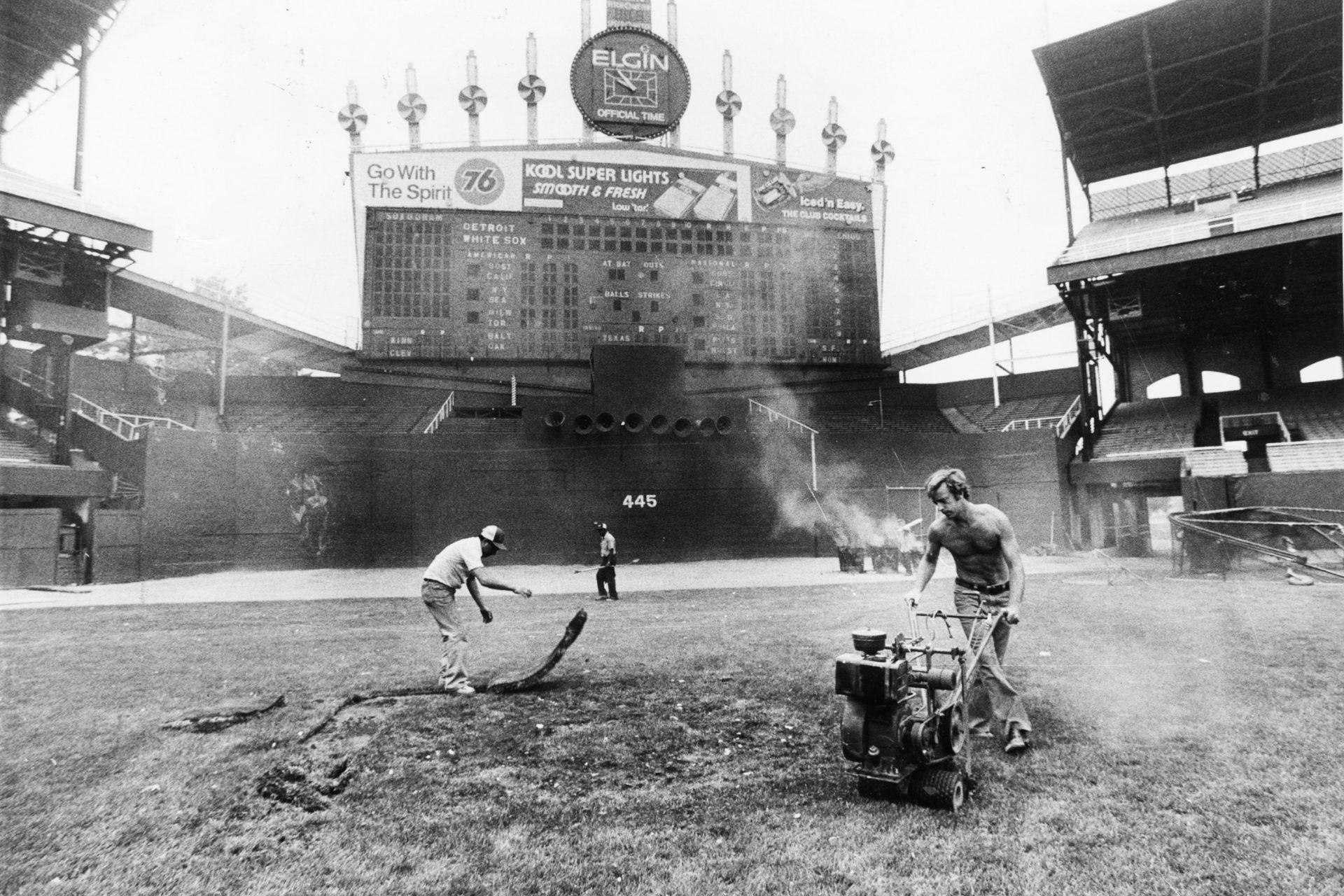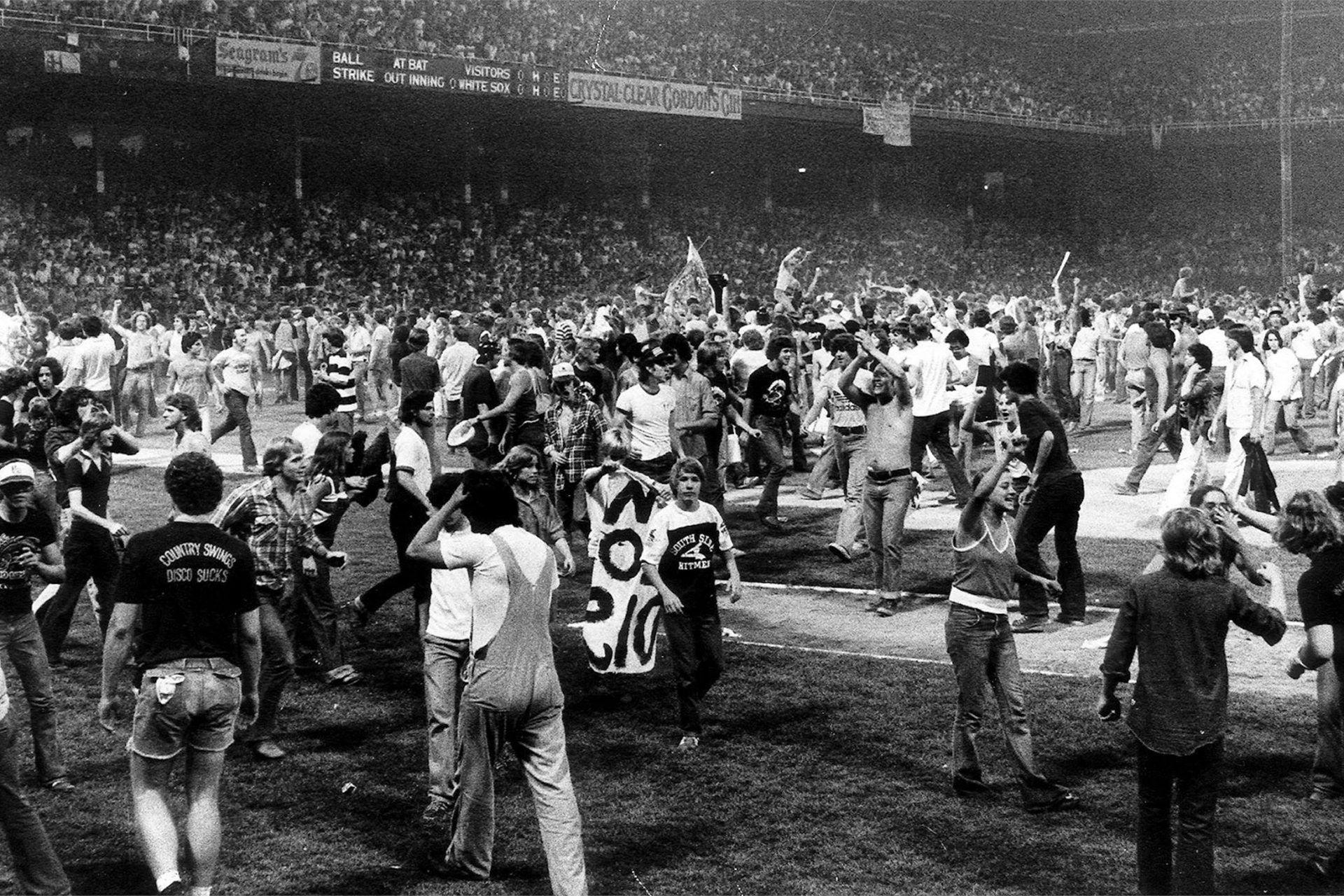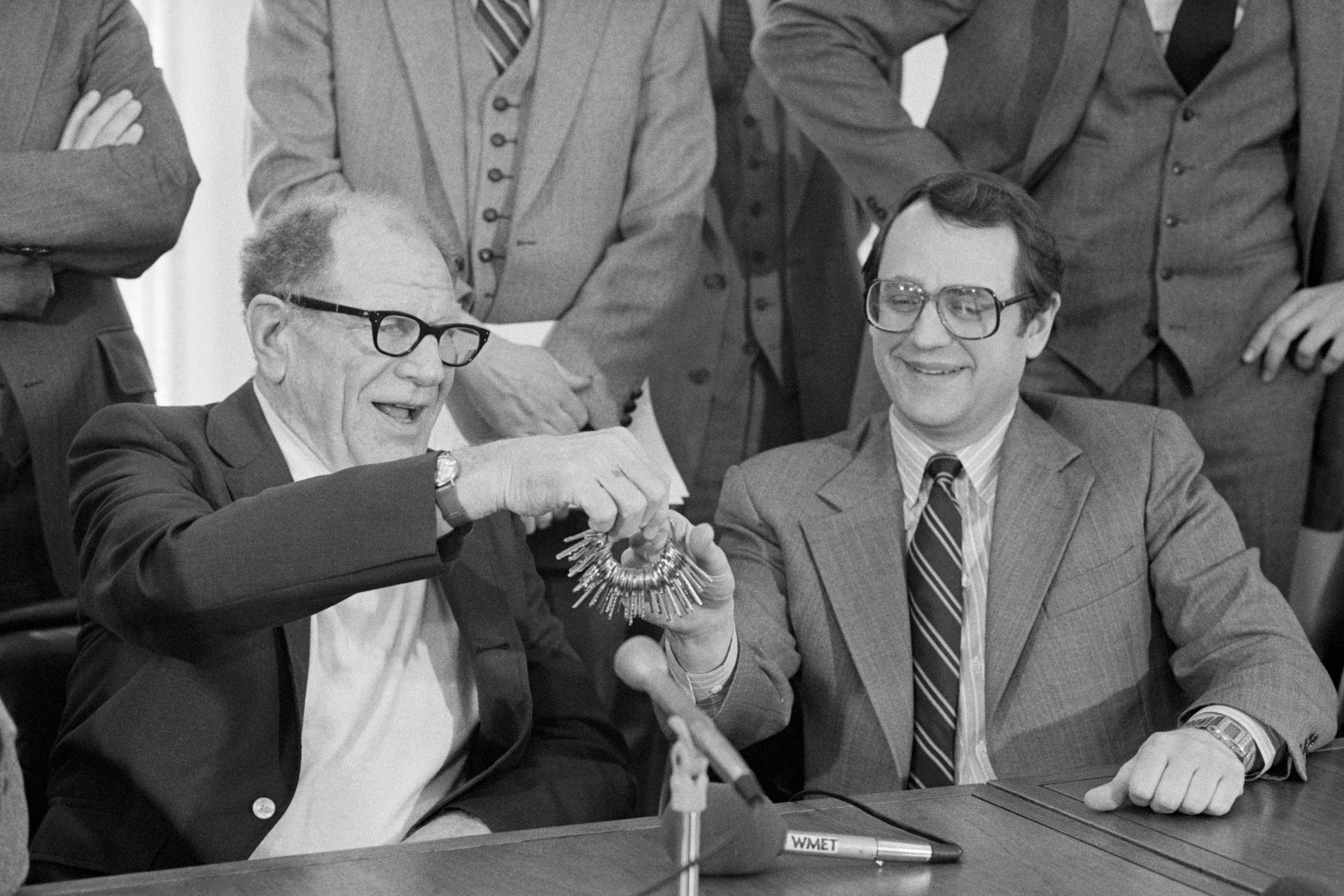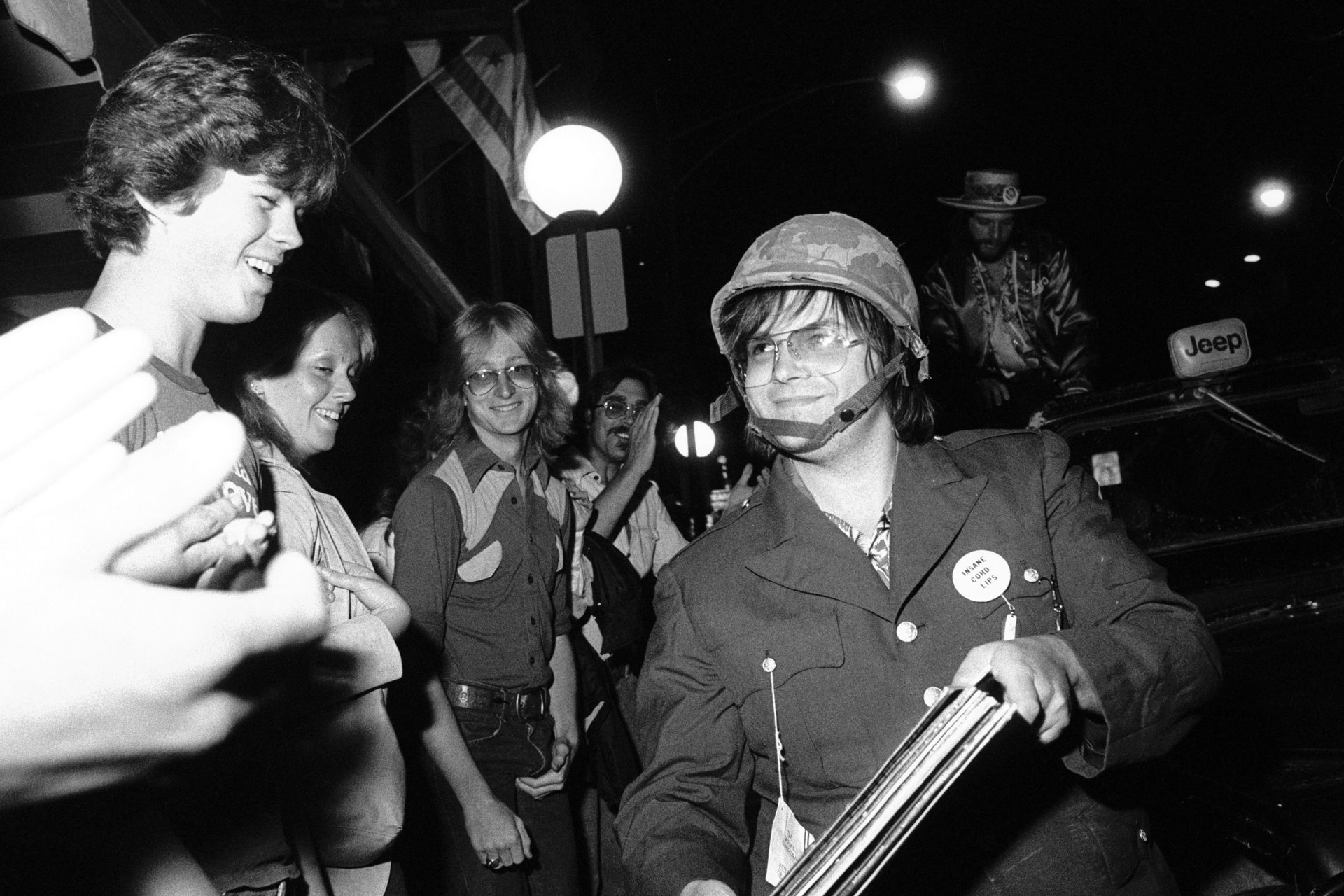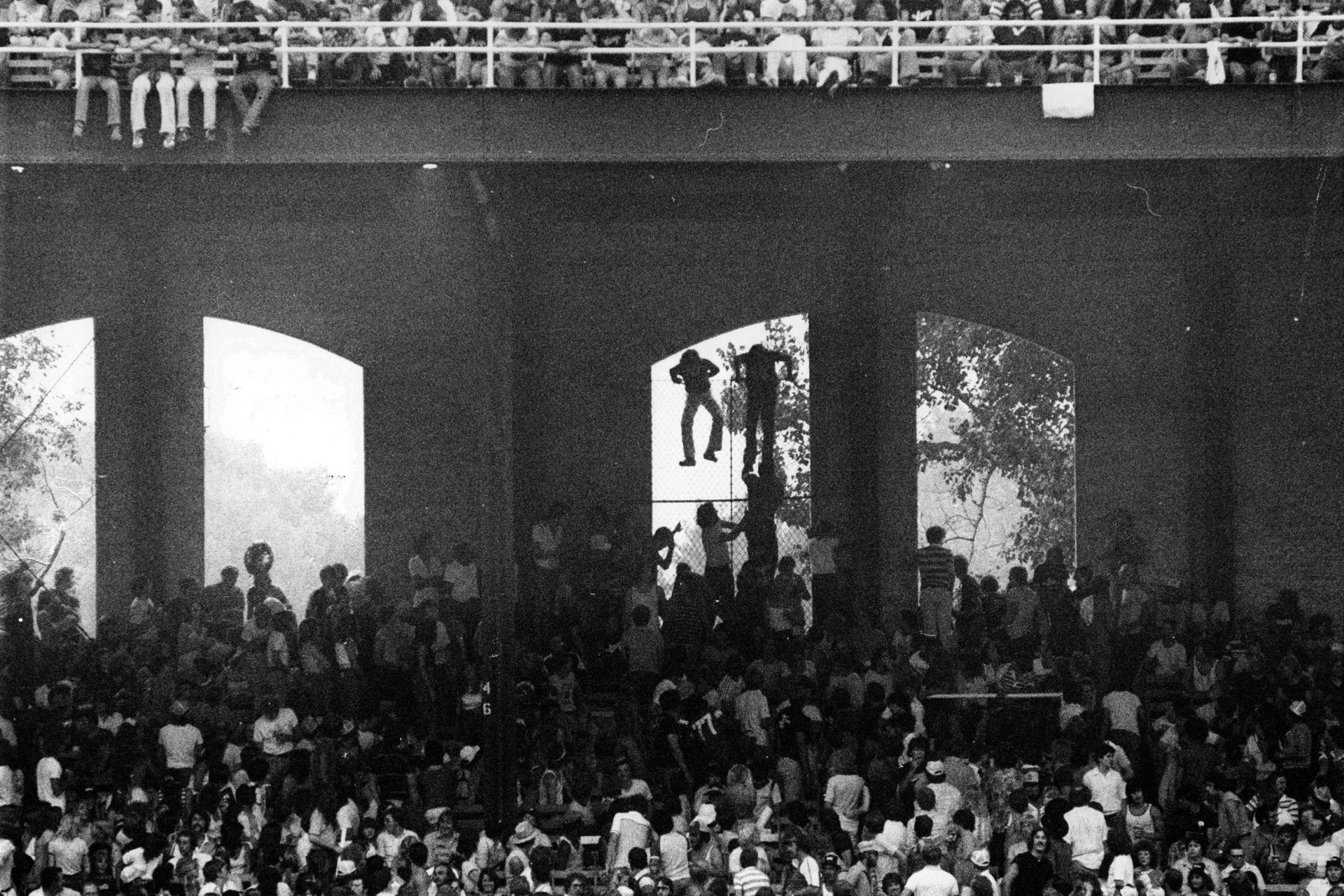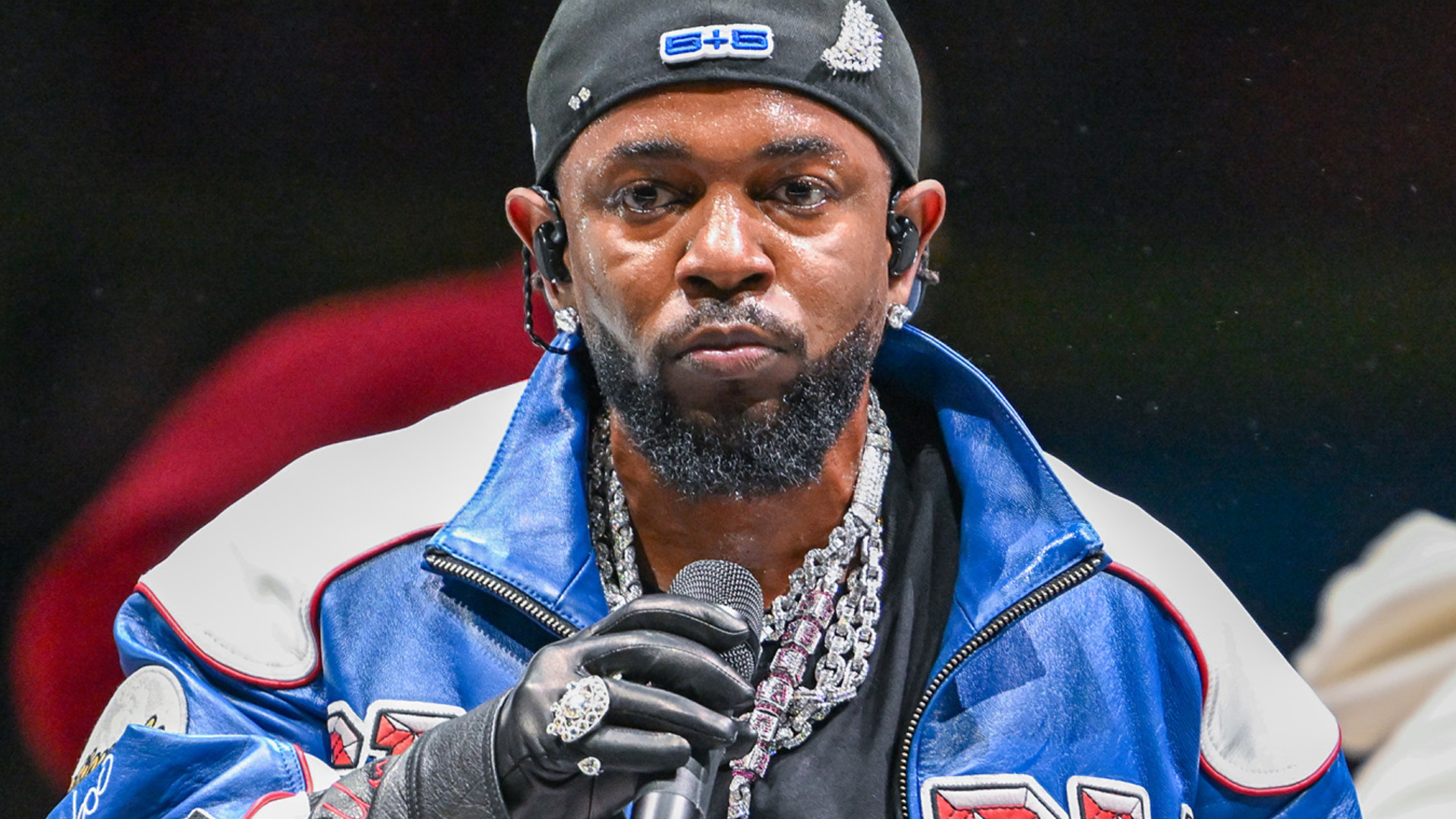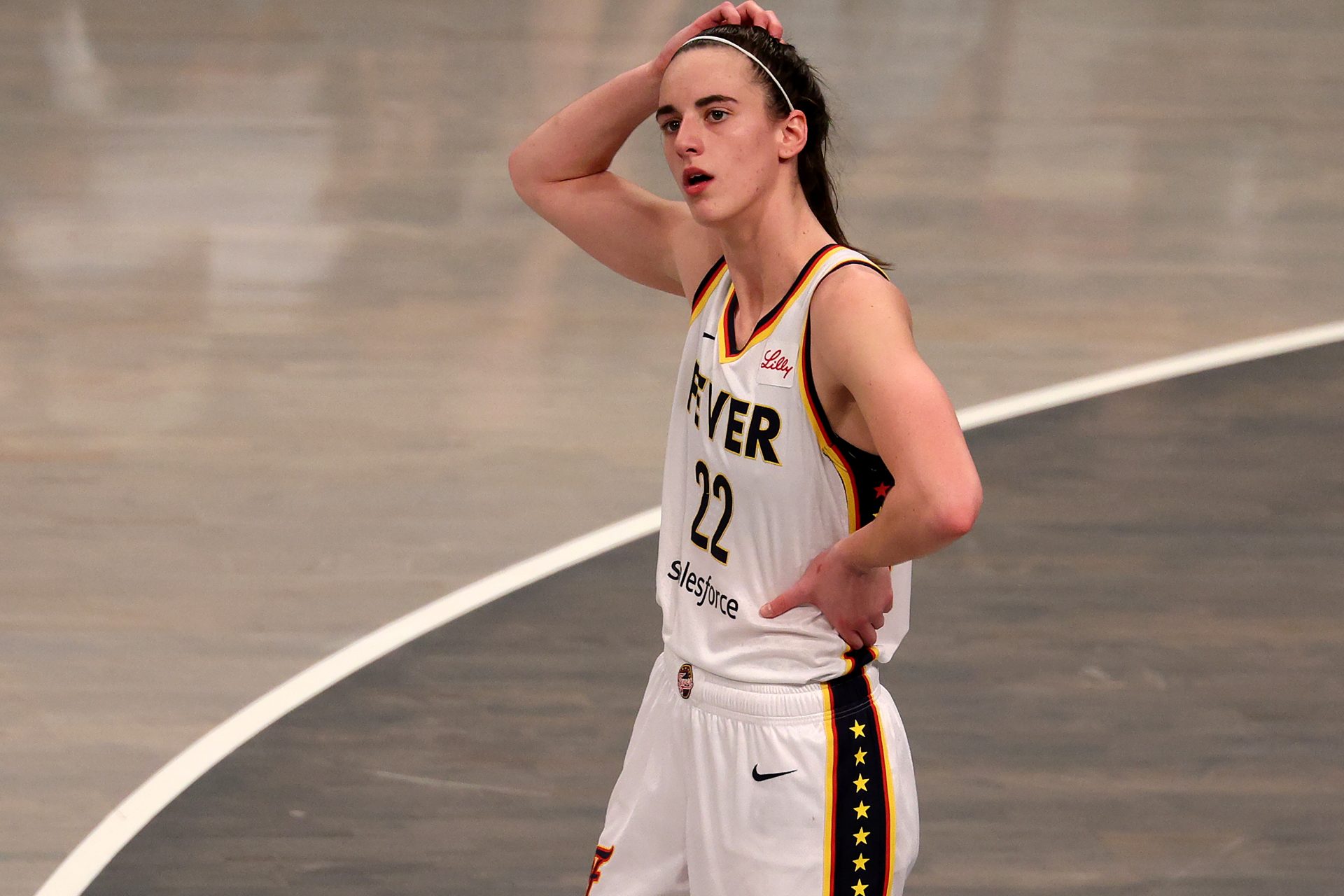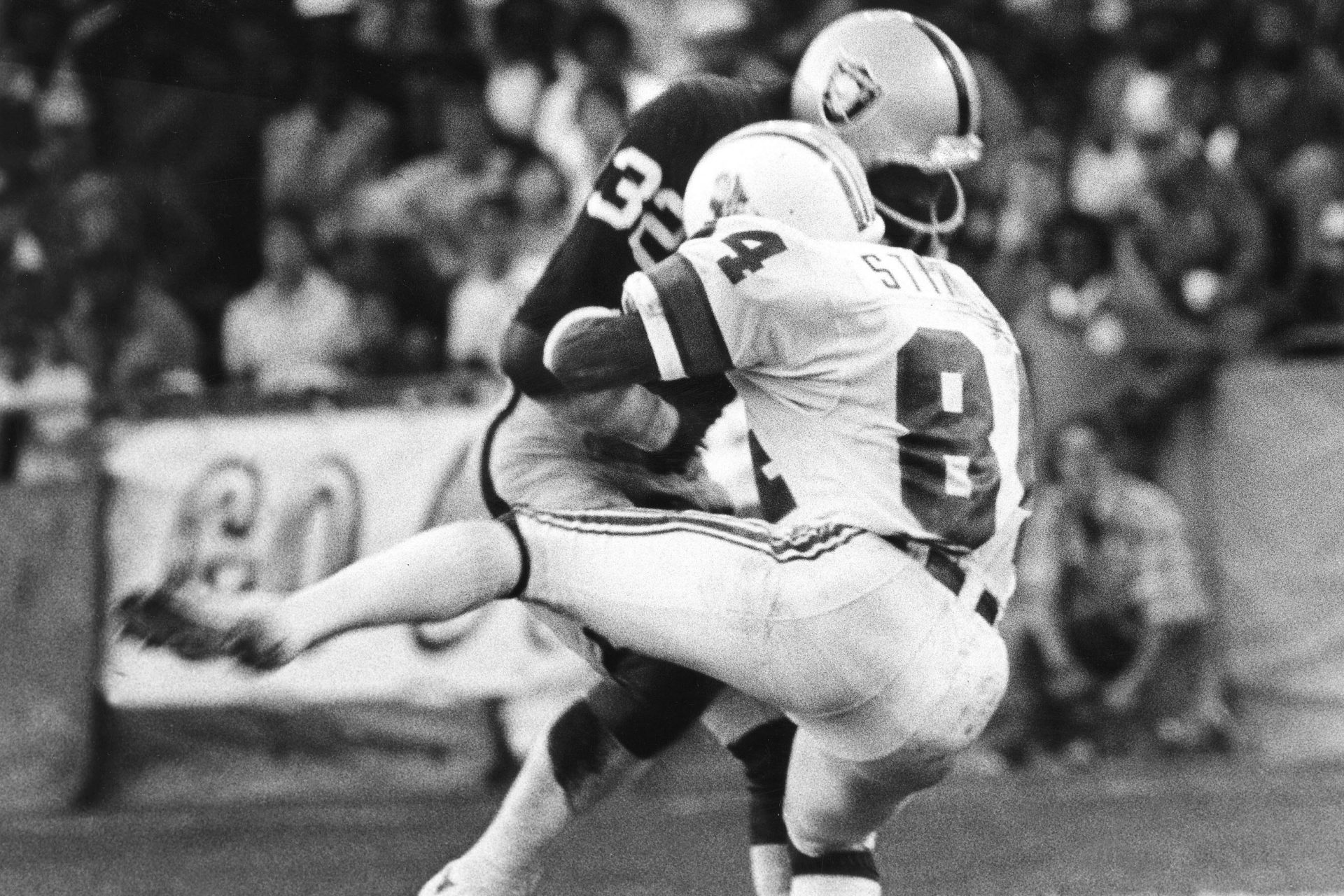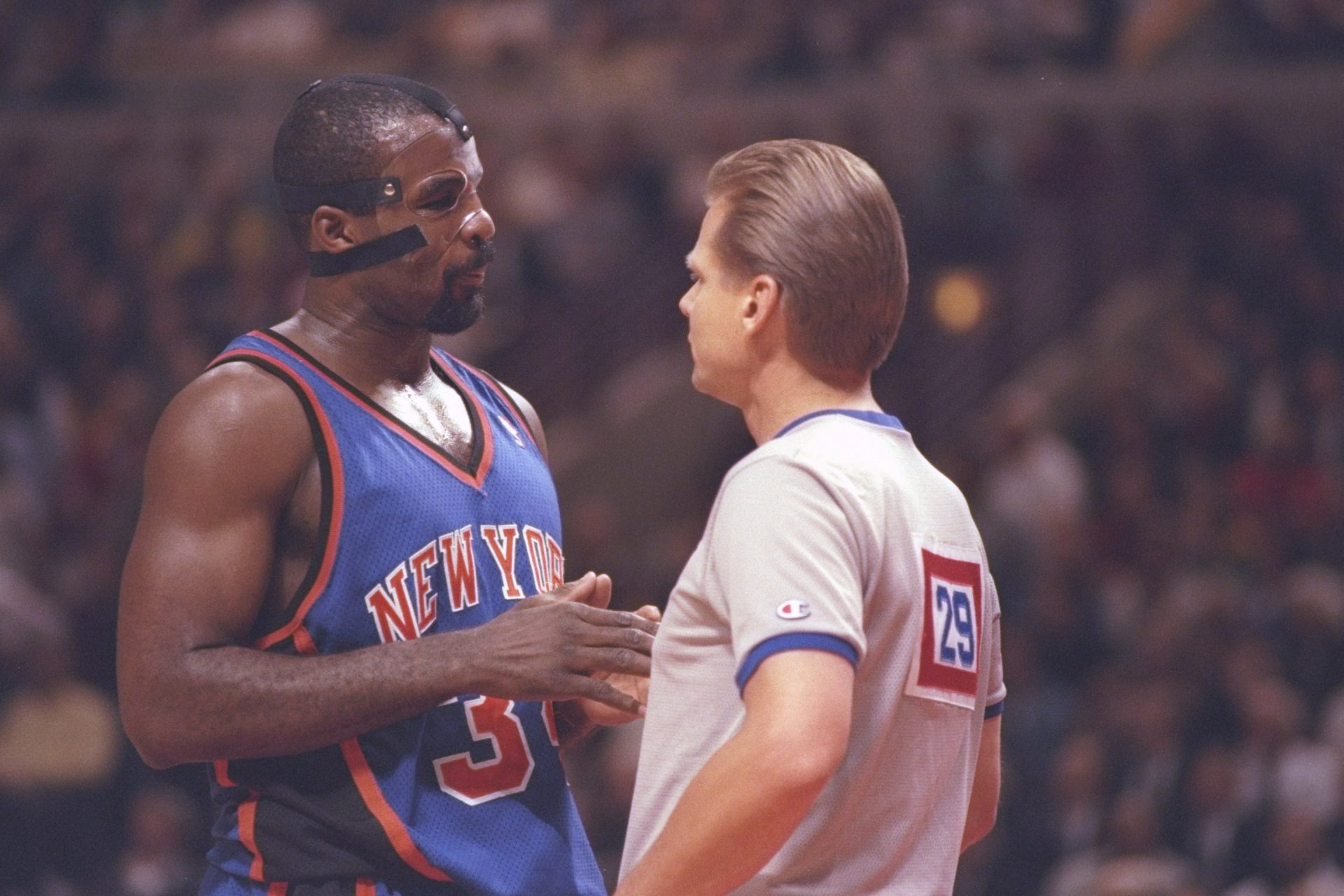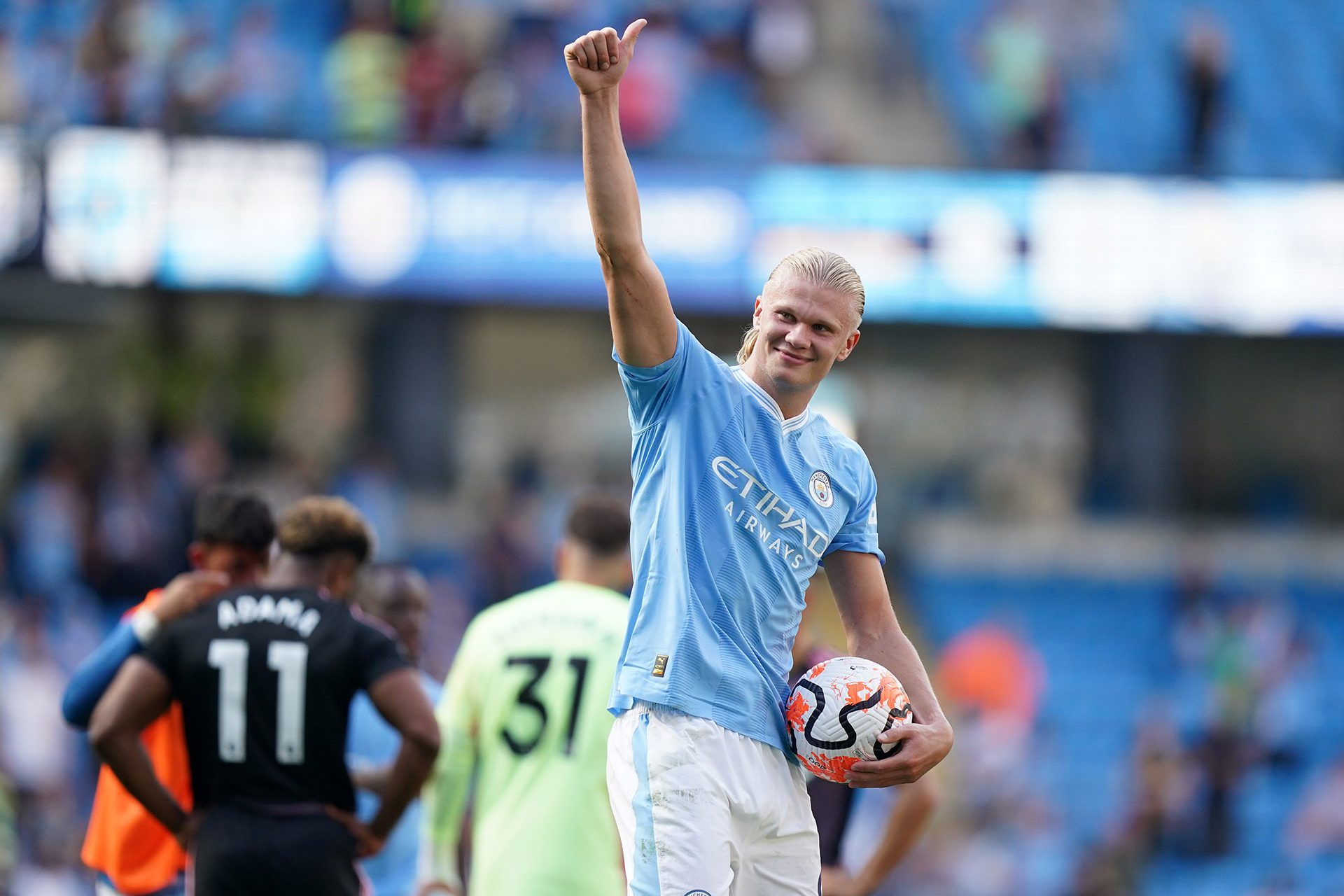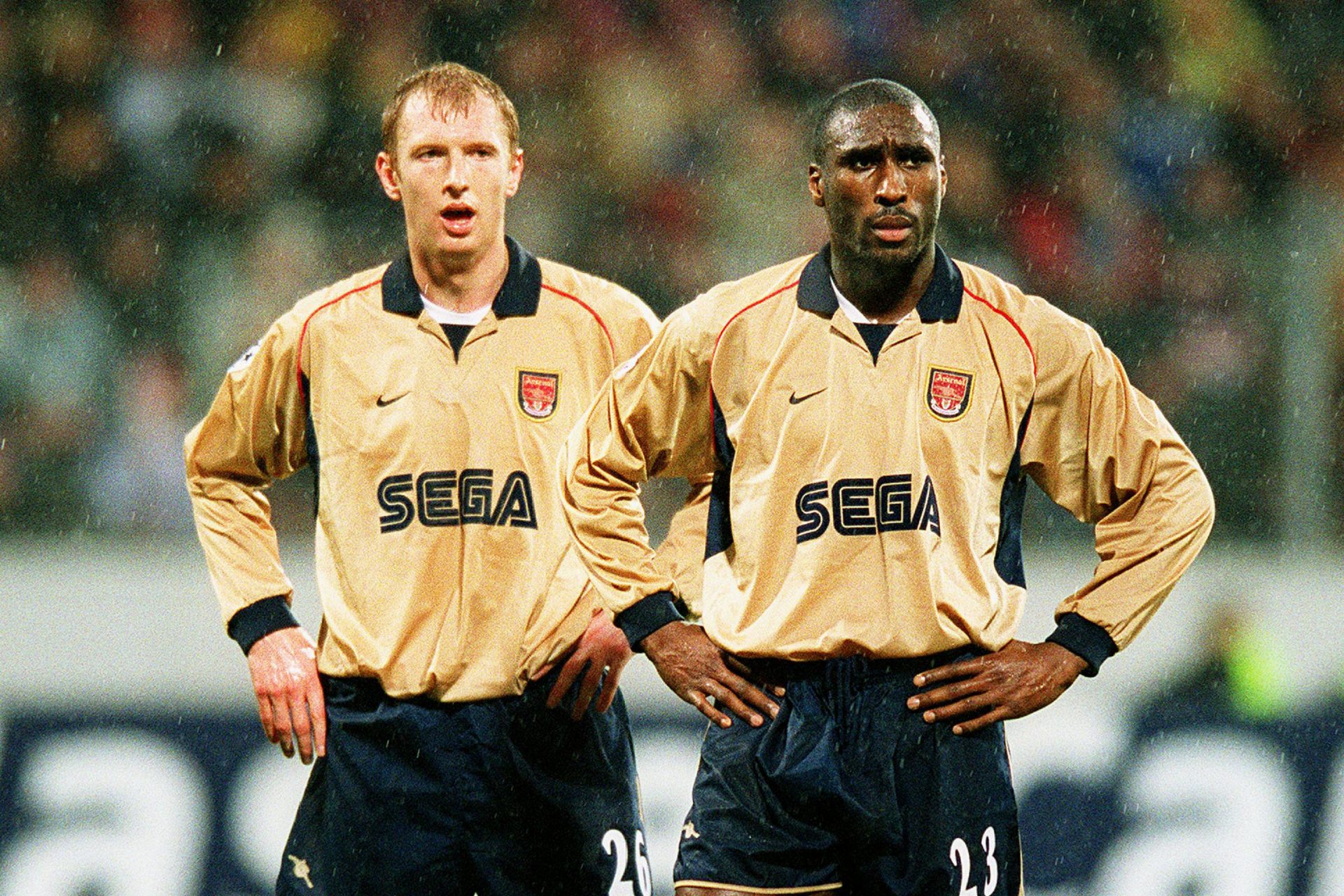How the White Sox's Disco Demolition blew up in their faces!
Nowadays, baseball fans go to stadiums expecting to be entertained throughout the game, not just during play. With promotions and entertainment acts being the norm these days, it's easy to forget they were once a revolutionary idea, even if they didn't always work...
The owner of the White Sox was the eccentric Bill Veeck, a serial-owner of baseball teams, despite not necessarily possessing vast wealth. He started his ownership career with the then minor-league Milwaukee Brewers in 1940.
Never one to worry about social norms or graces, Veeck was rumored to be interested in buying the Philadelphia Phillies in 1942 and filling the team with players from the Negro League, five years before Jackie Robinson became the first black player in the MLB.
Want to see more like this? Follow us here for daily sports news, profiles and analysis!
Veeck never bought the Phillies as his plan was nixed by the league, although this episode could be entirely fiction. Following stints owning the then-Cleveland Indians and the St. Louis Browns, Veeck led a consortium to buy the White Sox from the Comiskey family.
Veeck’s tenure in charge of the Sox began well, winning their first American League pennant in 40 years. Veeck was adamant that baseball was to become a fun event and that ball clubs were missing out on opportunities to enhance the enjoyment of the game.
One of Veeck’s greatest additions to baseball was the introduction of an exploding scoreboard that would release fireworks every time a White Sox player hit a home run. This became the inspiration for other clubs to mark home runs with fireworks or other celebrations.
At heart, Veeck was a showman, and following a period of ill-health where he lost and then regained ownership of the White Sox, he decided to have his fun. Baseball was his stage and the fans were an enthralled audience. One such stunt included conducting trades with another team in a hotel lobby, in full view of the public.
Veeck liked to have fun and wanted the fans and players to enjoy themselves too. He introduced new uniforms for the players that included shorts, and made the legendary Chicago announcer Harry Caray sing ‘Take Me Out to the Ball Park’ live during the seventh-inning stretch. A tradition that lives on with the Chicago Cubs even since Caray’s passing.
There is a long list of stunts Veeck was involved in, but none more famous (or infamous) than the 1970 Disco Demolition Night.
Disco was a cultural movement in the 1960s and 70s as much as it was a music genre. Predominantly performed and beloved by the black and gay communities, it was seen as a counter-culture to the mostly white rock of the mainstream. Some, such as Chicago area shock jock, Steve Dahl, did not take kindly to disco’s rise.
Want to see more like this? Follow us here for daily sports news, profiles and analysis!
Bill Veeck and his son Mike combined to think up an audacious plan to harness the growing anti-disco sentiment in Chicago and promote a double-header between the White Sox and the Detroit Tigers. Disco Demolition Night was dreamt up as a fun mocking of a music genre, but it became so much more.
Dahl remains a shock jock in the Chicago area to this day, but his legacy remains the Disco Demolition Night and Comiskey Park. The idea was to, “end disco once and for all” by blowing up vinyls of disco records in the outfield between games.
Fans were encouraged to bring a disco record to the game and exchange it at the gate. If they did so, a ticket to the double-header would only cost 98 cents. This led to thousands of Dahl fans, who were mostly young, turning up to the game. Unfortunately, many fans interpreted ‘disco record’ as a record by any black artist.
An average home game for the White Sox at the time would’ve drawn a crowd of 15,000 or so, with the Disco Demolition Night promotion, they expected around 5,000 more to turn up. Remarkably, over 50,000 fans attended the game, mostly to see Steve Dahl blow up a bin of thousands of vinyls between games.
Amidst the chaos, the first of the two planned games that night went ahead, with vinyl discs thrown like frisbees at unsuspecting outfielders and continual cries of “disco sucks” raining down from the fans. For those interested, the Tigers won 4-1.
Following the first game, Steve Dahl descended on the pitch and riled the crowd into a frenzy before detonating the explosion under the pile of records in the outfield. Before detonation, he told the crowd: “This is now officially the world's largest anti-disco rally!...we took all the disco records you brought tonight…and we're gonna blow 'em up real good.”
The already boisterous crowd needed no excuse and rushed the field whilst shards of burning vinyls rained down around them. Security was helpless in dealing with the surge of humanity and despite the efforts of Bill and Mike Veeck and even Harry Caray’s signature singing, the crowd continued to grow.
The second game of the doubleheader was initially suspended as the field was now in an unplayable state. The following day, officials forced the White Sox to forfeit the game, as they were behind the riot in the first place.
Many criticized the Veecks and the White Sox for the events, with Chicago Tribune columnist David Israel writing: “It would have happened any place 50,000 teenagers got together on a sultry summer night with beer and reefer.”
Bill Veeck’s tenure as owner of the White Sox came to an end less than two years later. Whilst the official story is he simply could not compete with the financial power of other teams, many see the Disco Demolition Night as a key trigger behind his sale of the team.
The popularity of disco was already waning by 1979, but for many, the Disco Demolition was a key moment in its downfall as a movement and popular genre. Others felt the night was an expression of bigotry, using the guise of anti-disco feelings to express racist and homophobic sentiments.
As Rolling Stone critic Dave Marsh wrote in 1979 “white males, eighteen to thirty-four are the most likely to see disco as the product of homosexuals, blacks, and Latins, and therefore they're the most likely to respond to appeals to wipe out such threats to their security. It goes almost without saying that such appeals are racist and sexist”.
Want to see more like this? Follow us here for daily sports news, profiles and analysis!
More for you
Top Stories



